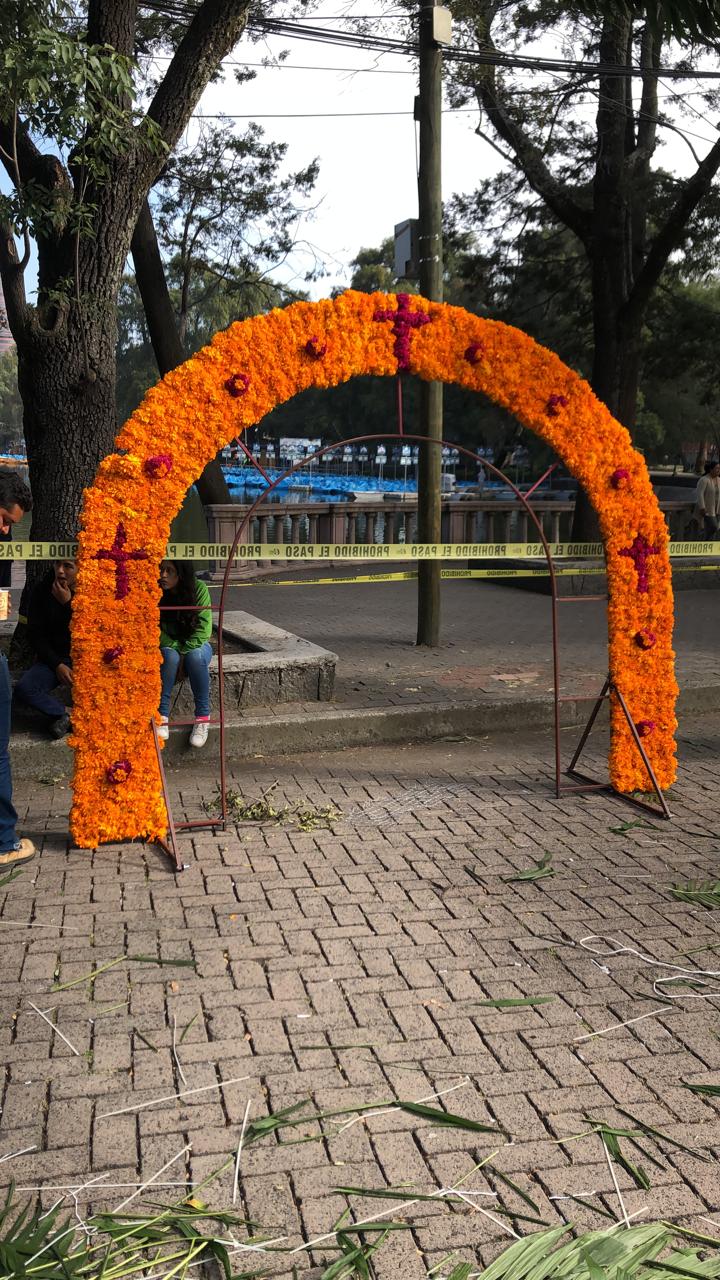Written by Cristian Martínez Villalobos, Academician at the Faculty of Sciences at Adolfo Ibáñez University and Senior Researcher at the Data Observatory
In a resolution taken at a United Nations conference in 1972, January 26 We are celebrating World Environmental Education Day. As a university professor and climate change researcher, I am often asked why the public should know about climate change and the environment in general. Can't politicians and scientists agree? Here I leave you the reasons why environmental education, which focuses on all educational levels and the different levels of society and the state, is necessary for the continued sustainable development of society.
Although we live in a world dominated by private property and the maximization of the well-being of the individual or proximate group, all social and economic activity occurs within a common “background.” From a local point of view, for example, everyone lives in a neighborhood and has neighbours, and it is necessary to have basic rules of coexistence that everyone (or the majority) follows in order for it to work. From a global point of view, the planet is one and we all share it. What one does necessarily affects the other. From a production point of view, any economic activity can generate what economists call “negative externalities.” This refers to the secondary effects of economic activity, the costs of which are paid for by society as a whole. An example is the smog resulting from various industrial activities in Santiago. Good environmental education is essential to make it clear that negative externalities are many (especially on the environment), and that these costs must be taken into account in the decisions we make as a society.





:quality(75)/cloudfront-us-east-1.images.arcpublishing.com/elcomercio/DWIIS4J6IRA63AJ6KV5OVBDEOU.jpg)